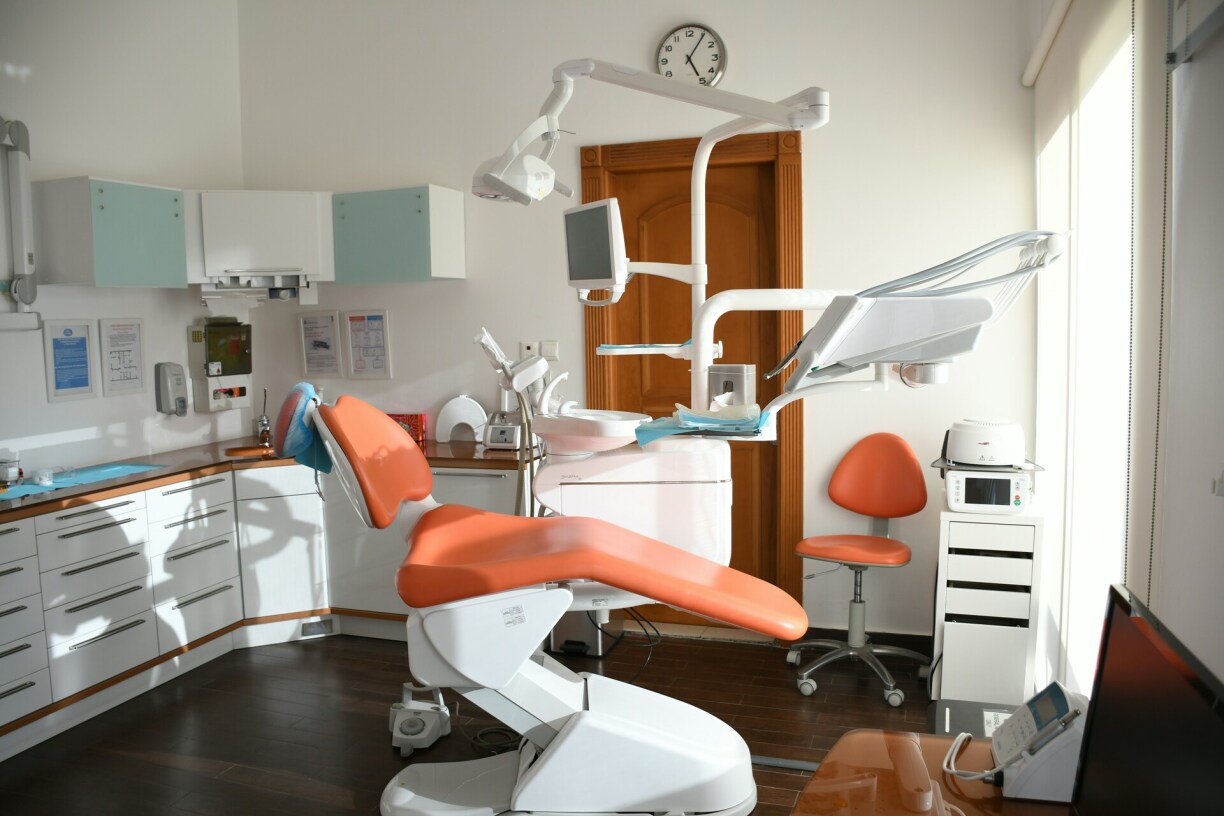
Earlier this week, dentist Patrice Mattiuzzi was issued with a lifelong ban from practising in Luxembourg following allegations of professional misconduct. He had been permitted to run an office in Bertrange for almost eight months, despite receiving a professional ban in France for similar allegations. Mattiuzzi’s former assistant filed an official complaint in 2017, with reports of poor hygiene at the practice, as well as substandard treatment and threats to patients. The case was brought to trial in December. Now, the Superior Disciplinary Council of the Medical College has banned Mattiuzzi from practising again as of 30 January 2024.
The Patientevertriedung association, which advocates for patients’ rights in Luxembourg, said it had also received complaints about Mattiuzzi, ranging from “bad work to incorrect invoices,” said director Michèle Wennmacher, adding that there were often cases where doctors settle in the Grand Duchy despite receiving professional bans abroad.
For the past decade, the Patientevertriedung has been calling for better reviews of medical practitioners in Luxembourg. Communications officer Georges Clees said it was absolutely necessary to have stringent checks on doctors who have received convictions in other countries.
The association argued that Luxembourg was lacking the necessary controls, as proven by the Mattiuzzi case. The dentist had been banned from practising in Switzerland in 2014 due to the pending trial in France, yet that same year he was permitted to practise in the Grand Duchy.
Luxembourg’s Medical College said there was a European alert system which enables authorities to check a medical practitioner’s status, but it can only be accessed by the Ministry of Health. The authorities can exchange information if a doctor’s file reveals serious offences, but they have to know which country the convicted individual had left. Wennmacher summed it up as follows: “there is simply no control body in Luxembourg, so there is a lack of transparency. There are insufficient quality standards.”
As a precautionary measure, the Medical College says it has proposed a modification of the law determining which professions can be carried out in Luxembourg. Someone who is banned from practising abroad should automatically be banned in the Grand Duchy, it wrote. In addition, the College supports a Europe-wide system to ensure the correct application of disciplinary penalties.
The patients representative association says it hears from many people who say they have lost faith in their doctor, either because they do not feel that treatment has been successful, or because they are unable to understand the codes on medical invoices. Frequently patients contact the association if they feel they have received unsatisfactory treatment. In most cases, the association says these complaints have substance. The non-profit is therefore calling for a new control body in Luxembourg which would carry out the necessary reviews.
Clees explained that in other countries, patients could speak to their health insurers if they had issues with their treatment, but that this was not feasible in Luxembourg, leaving the Patientevertriedung as the only port of call for patients with problems.
The association benefits from its own expert in dentistry who helps with complaints and writes opinions on the work of his professional colleagues. However, Wennmacher explained that the Medical College “does not always have to accept opinions sent to them by the association.” The patient is then forced to cope on their own
The association advises patients to have a treatment plan drawn up for any major medical interventions. The physician should prepare an invoice in advance, clearly showing how much patients need to pay out of their own pocket, and how much will be covered by the National Health Fund (CNS). If at this stage there are any doubts, the patient should seek a second or third opinion, and should not let themselves be swayed by a seemingly attractive practice.
The Patientevertriedung received 4,257 phone calls from patients in the last year. Clees says there is an average of around 25 calls per day, but patients also get in touch via email and Facebook, or through in-person appointments. The National Health Fund also regularly refers patients to the association.